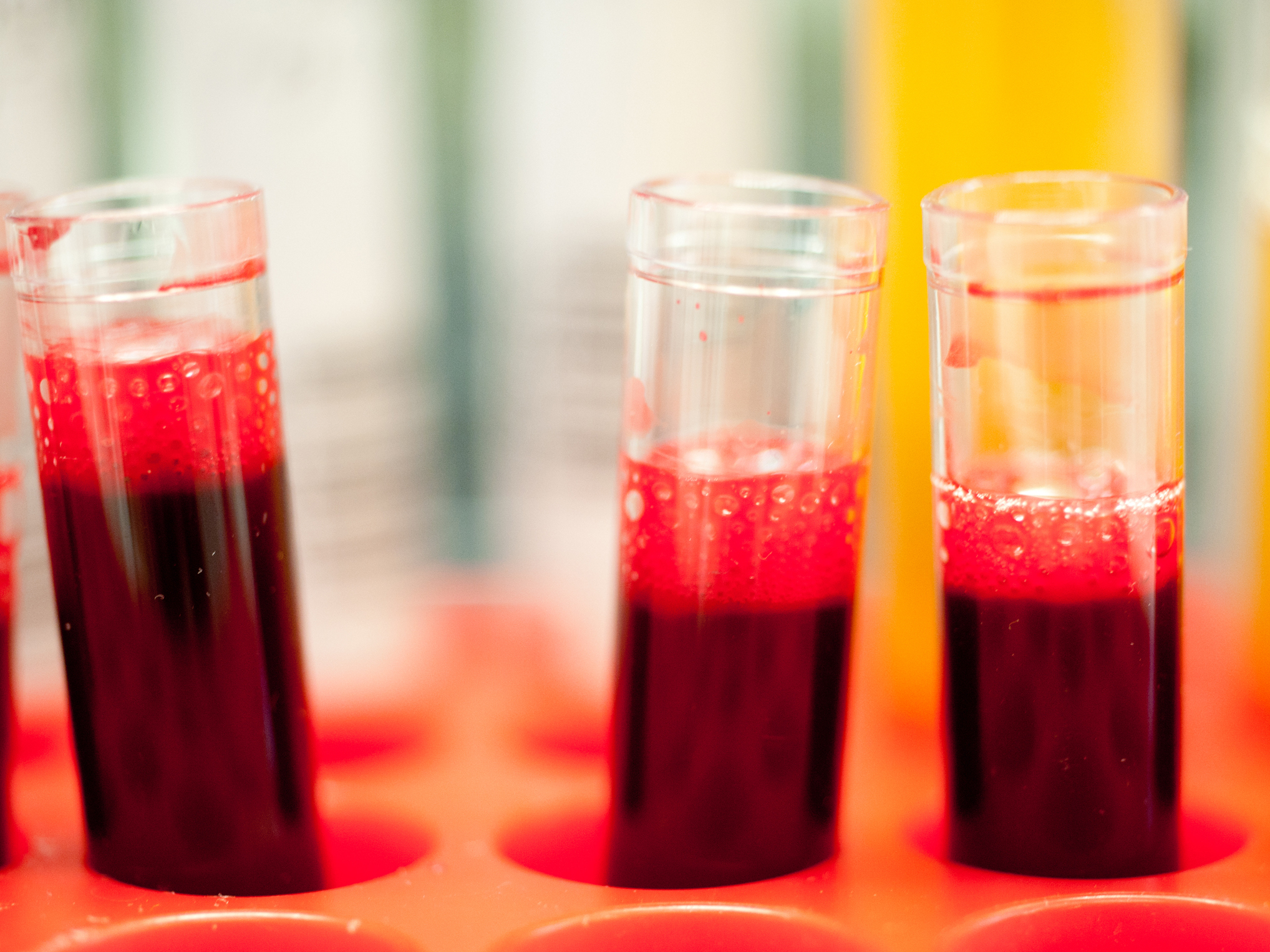Taking a new cancer drug once a week could benefit patients by giving healthy tissues time to recover from the effects of treatment, as suggested by a simple blood test involving platelet-rich plasma, according to a new clinical trial.
Researchers at The Institute of Cancer Research, London, and The Royal Marsden NHS Foundation Trust found that a weekly schedule could potentially reduce side-effects and possibly slow the development of drug resistance.
The research team tested the cancer drug, an AKT inhibitor called MK-2206, in 71 patients with advanced solid tumours. MK-2206 is a new cancer drug developed by Merck that inhibits the AKT signalling pathway, which is implicated as a key driver of multiple cancers, including prostate and ovarian cancer.
Previous clinical trials of MK-2206 have indicated the drug should be given to patients every two days, but this research has shown using a simple blood test that the drug can stay chemically active in the body for as long as four days, so larger less frequent doses might be better for patients.
The researchers used tumour biopsies and blood tests to confirm that MK-2206 reduced the signalling activity of both AKT and the pathway it signals through in patients.
However, they analysed platelet-rich plasma samples and saw that signalling levels of proteins affected by AKT were not continuously blocked under the weekly schedule, potentially reducing the pressure on normal cellular functions compared with more frequent treatments. Importantly, weekly doses of MK-2206 could be easier to combine with other cancer treatments.
The study was published in the journal Clinical Cancer Research and was funded by Merck, with additional support from Cancer Research UK, the Experimental Cancer Medicine Centre and the NIHR Biomedical Research Centre at The Institute of Cancer Research (ICR) and The Royal Marsden.
Researchers from the ICR and The Royal Marsden gave MK-2206 to 71 patients with advanced tumours and measured their response to determine if a weekly schedule was better for patients than more regular doses.
They saw that in tumour biopsies, MK-2206 reduced levels of a biological marker for AKT signalling by 50% 15 days after treatment, indicating the drug was active in patients.
But in platelet-rich plasma samples taken from patients during treatment, they saw that the weekly schedule allowed phosphorylation levels of proteins affected by AKT inhibition to partially recover before the next dose, potentially restoring normal protein function and reducing the risk of drug toxicity. This was different from more regular doses of MK-2206, which supressed protein phosphorylation continuously.
Study author Dr Timothy Yap, NIHR Academic Clinical Lecturer in Medical Oncology at The Institute of Cancer Research and Royal Marsden NHS Foundation Trust, London, said: “MK-2206 is a promising cancer drug, but our study shows that it should be given weekly instead of more regularly.
“Using a simple blood test developed here at the ICR’s GCLP Laboratory, we can measure regularly and accurately how long and by how much phosphorylation signals are suppressed by new drugs, indicating their effect on regulating protein function.
“We saw that MK-2206 displayed similar biological effects for both dose schedules, but giving the drug weekly produced intermittent drug pressures that allowed some normal cell functions to recover, compared with treatment on alternate days.
“Our study shows that administering this drug weekly could potentially reduce the risk of side-effects and possibly help to delay drug resistance developing, compared to more regular treatments.”
